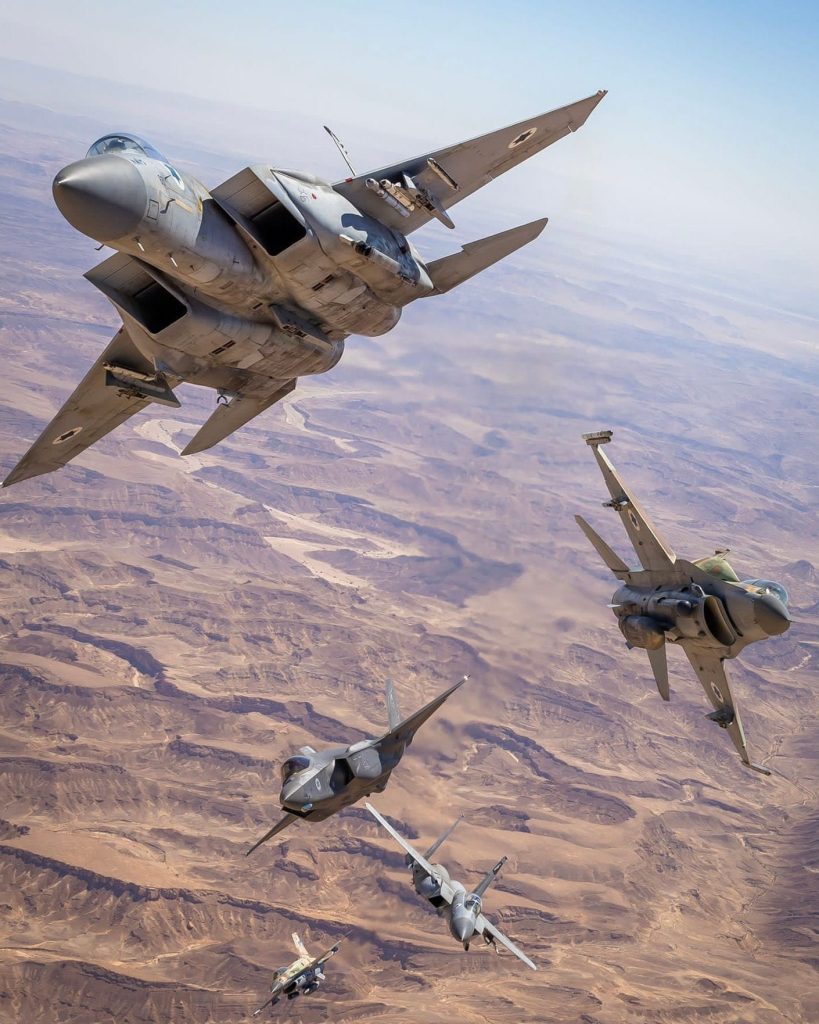Istanbul, Turkey — Egyptian Foreign Minister Sameh Shoukry was hosted by his Turkish counterpart on Saturday, April 20, as part of preparations for the upcoming visit of Egypt’s President to Turkey. The meeting highlighted pressing regional issues, including the ongoing conflict in Gaza and the recent escalations between Israel and Iran.
During his visit, Shoukry expressed concern about the broader implications of the Gaza conflict, particularly its potential to expand regional tensions, evidenced by recent disruptions to maritime navigation in the Red Sea.
These disruptions have had noticeable impacts on the international economy. Shoukry called on both Iran and Israel to exercise restraint to avoid a larger military confrontation, which he noted would not serve the interests of the Palestinian people or regional stability.
The discussions in Istanbul coincided with news from Iraq, where authorities were investigating a deadly explosion at a military base hosting the Iran-aligned Popular Mobilization Forces, part of the Iraqi armed forces.
Initial reports by militia officials suggested an airstrike, with accusations pointed towards U.S. forces, though this was subsequently denied by the U.S. Central Command.
Israel was also suggested as a potential suspect, following hints of further escalation.
Turkey’s Foreign Minister Hakan Fidan also addressed the media, emphasizing the need to address the roots of the Israeli-Palestinian conflict comprehensively.
He warned that without a resolution granting Palestinians statehood, independence, and sovereignty, the region would continue to experience similar crises.
Fidan highlighted the global implications of the conflict, suggesting that unresolved issues could trigger broader global divisions.
This diplomatic exchange comes shortly after the political leader of Hamas met with Turkish President Recep Tayyip Erdogan and follows Qatar’s announcement that it is reassessing its role as a mediator in the Gaza conflict.
These developments underline the complex web of diplomatic and military interactions in the Middle East, with significant implications for regional and global stability.

